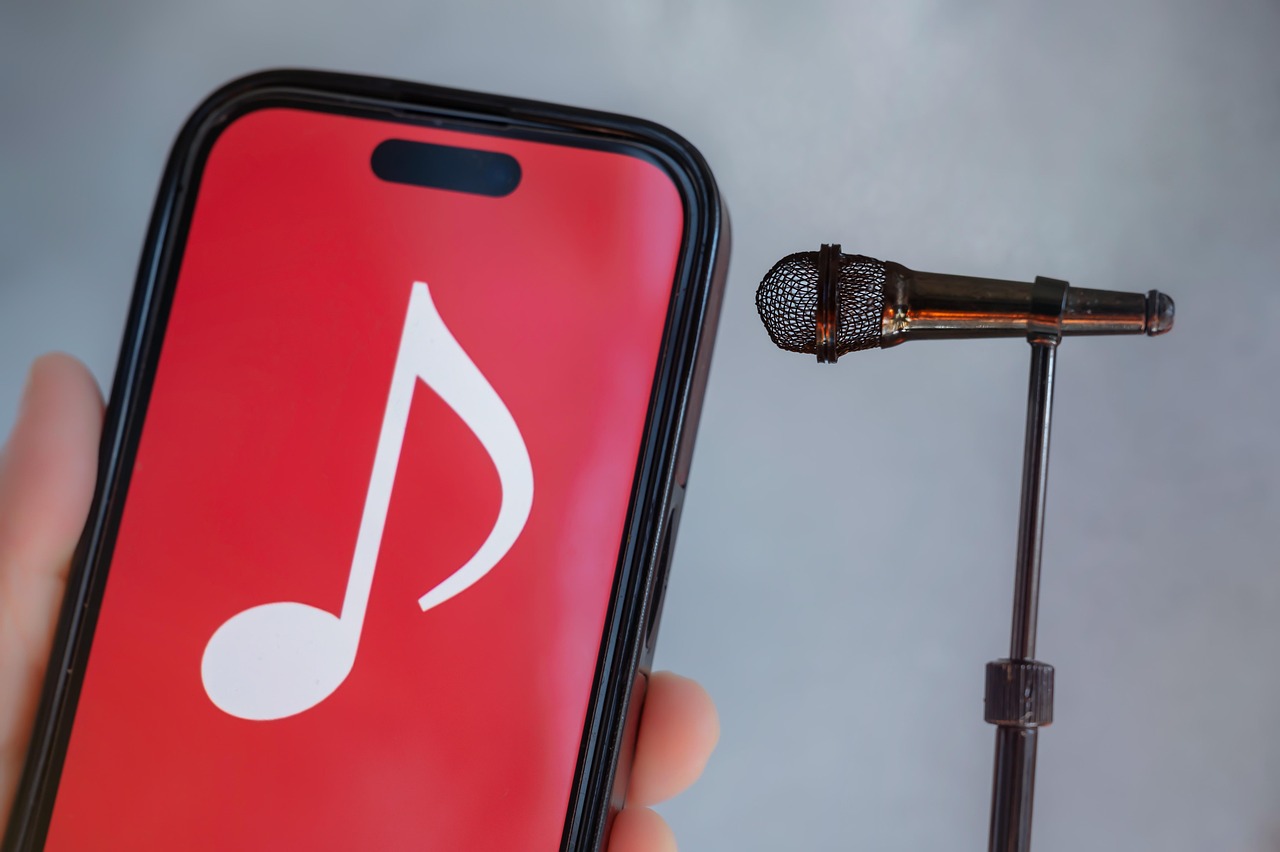
Understanding Smartphone Addiction
In today’s digital age, smartphones have become integral to our daily lives, serving as tools for work, communication, entertainment, and self-care. However, the increasing reliance on these devices has led to a rise in smartphone addiction, a phenomenon that can significantly impact mental health and well-being. Studies indicate that 46 percent of smartphone users feel anxious without their devices, highlighting the emotional dependency many have developed. Recognizing the signs of this addiction is critical for regaining control over one’s life and maintaining a healthy relationship with technology.
Identifying Symptoms of Addiction
Common symptoms of smartphone addiction include excessive use, withdrawal symptoms when not using the device, and neglecting personal relationships and responsibilities. Research from the Pew Research Center shows that 29 percent of adults feel they are constantly connected to their devices, which can lead to feelings of isolation and anxiety. By identifying these symptoms, individuals can take proactive steps to reduce their smartphone usage and improve their quality of life.

Setting Boundaries for Usage
One effective method for combating smartphone addiction is establishing clear boundaries for usage. This can involve setting specific times of day for checking notifications or limiting app usage to certain hours. A study published in the Journal of Behavioral Addictions found that participants who implemented strict usage limits reported a 30 percent decrease in their daily smartphone use. By setting boundaries, individuals can regain control over their time and reduce anxiety associated with constant connectivity.

Using Mindfulness Techniques
Incorporating mindfulness techniques can also be beneficial for managing smartphone addiction. Techniques such as meditation and deep breathing can help individuals become more aware of their smartphone habits and reduce compulsive usage. A study in the journal Psychological Science found that participants who practiced mindfulness showed a significant reduction in smartphone use and increased focus on present tasks. Mindfulness fosters an awareness of the present moment, allowing individuals to engage more fully in their daily lives without the distractions of their devices.

Finding Support Systems
Seeking support from friends and family can play a crucial role in overcoming smartphone addiction. Sharing experiences and strategies with others can provide motivation and accountability. According to a report by the American Psychological Association, individuals who engage in support groups or seek social support are more likely to succeed in changing their habits. By building a network of support, individuals can navigate their journey toward healthier smartphone usage more effectively.

Creating Day
Creating a 21-Day Habit Plan. Forming new habits takes time, and a structured plan can facilitate this process. A 21-day habit formation plan is a practical approach to reducing smartphone dependency. Start by identifying specific goals, such as reducing screen time by 30 minutes each day. Gradually incorporate strategies like setting boundaries, practicing mindfulness, and seeking support. Research shows that it takes approximately 66 days for a new behavior to become automatic, so consistency is key during this period. By committing to this plan, individuals can cultivate healthier habits and improve their overall well-being.
Celebrating Progress and Achievements
As individuals work towards overcoming smartphone addiction, it is essential to celebrate progress and achievements, no matter how small. Recognizing milestones can reinforce positive behavior and motivate continued effort. According to a survey by the American Psychological Association, individuals who acknowledge their accomplishments are more likely to maintain long-term changes in behavior. By celebrating successes, individuals can foster a positive mindset and stay committed to their journey of reducing smartphone dependency. In conclusion, smartphone addiction is a growing concern that affects many individuals in our hyper-connected world. By understanding the symptoms, setting boundaries, utilizing mindfulness, seeking support, and following a structured plan, one can take meaningful steps toward reclaiming their time and improving their mental health. Embrace the journey of change and remember that progress is a continuous process.

